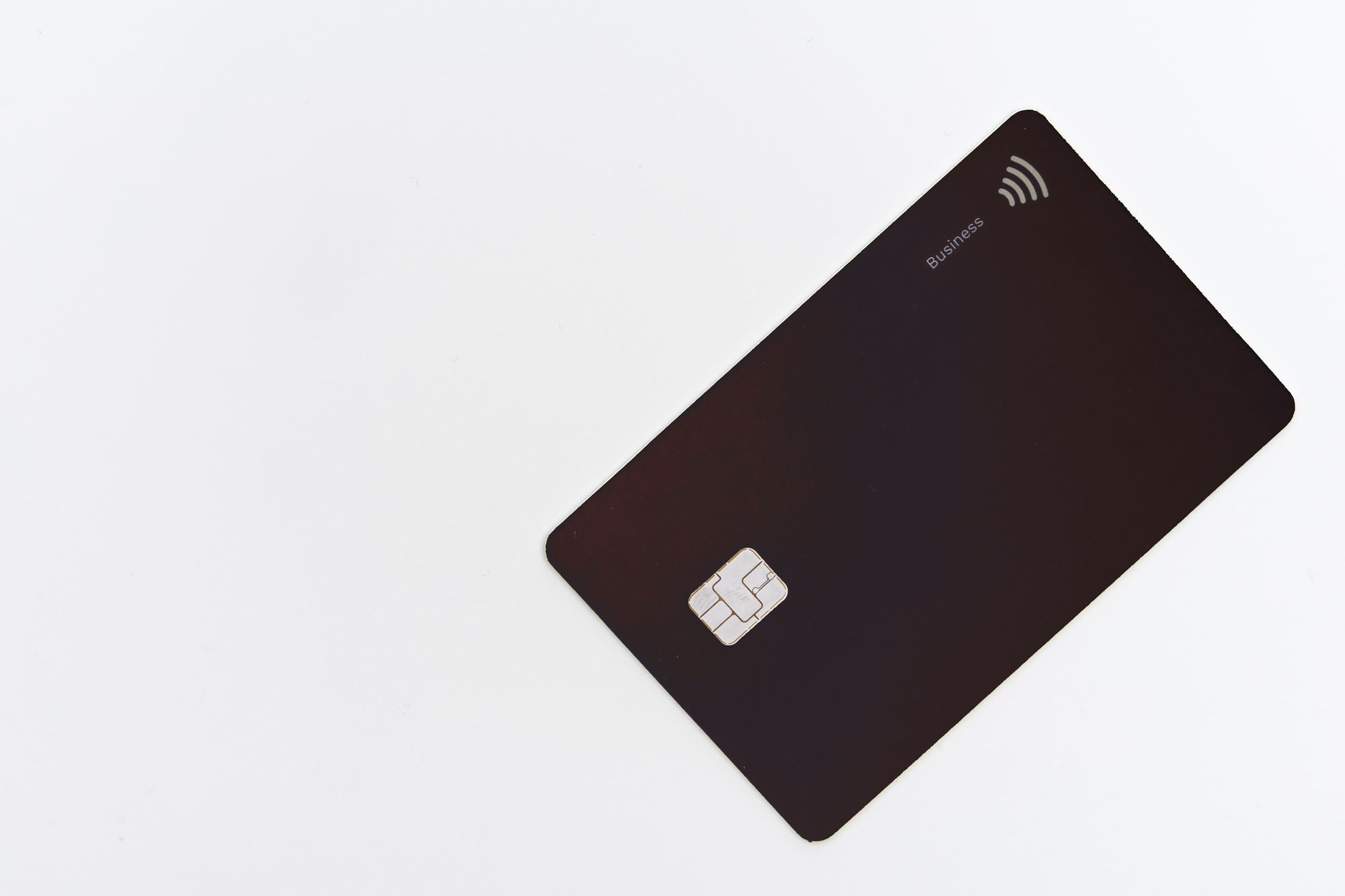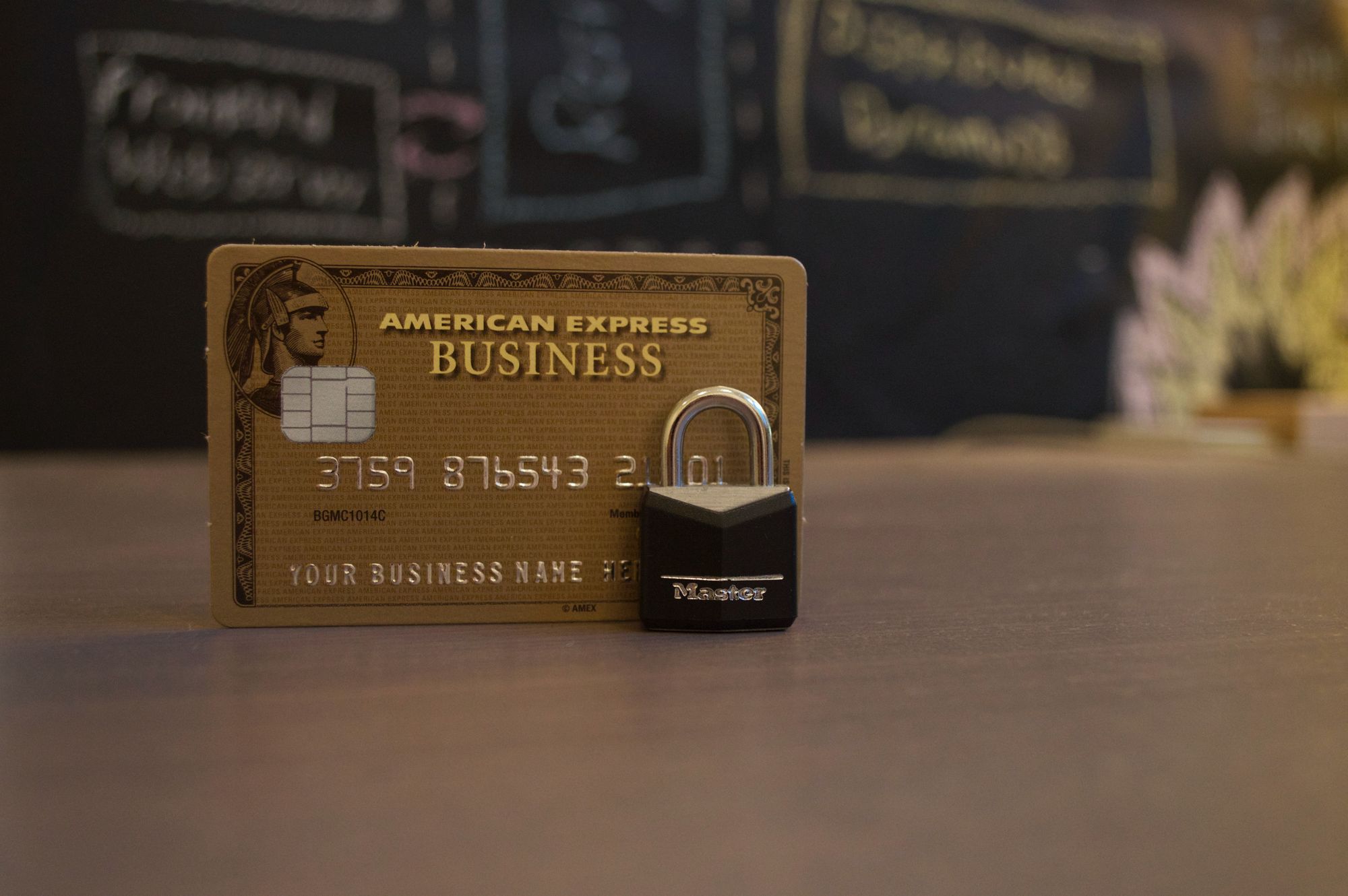How your business benefits from recurring payments by Tony Shap, CPP

As a business owner, have you ever wished that you could have a steady, reliable base of income — a certain amount you could count on every month, even if your overall sales might vary?
Could you use a billing system that took virtually none of your time each month to collect that steady income?
If so, chances are you could benefit from recurring payments.
Contents
- What is a recurring payment?
- 6 ways your business benefits from recurring payments
- How do I set up recurring payments?
- What types of businesses use recurring payments?
- Tips for sellers
- Wrapping up
What is a recurring payment?
A recurring payment can be your business’ best friend. You’re probably already familiar with the concept of recurring payments from your own experience as a consumer.
In short, a recurring payment is a repeating charge that’s made to a customer’s credit card on a pre-arranged schedule. (Typically, it’s a set monthly fee for a product or service.) This form of payment is convenient for consumers because after they authorize it, the recurring payment operates automatically without taking any of their time.
Recurring revenue is convenient for businesses, too, because it ensures a predictable, reliable revenue stream and eliminates the time and hassle of monthly invoicing. The process is automated, fast, and secure.
6 ways your business benefits from recurring payments
Recurring payments work well because customers love their ease and convenience. But businesses benefit even more. Here’s why:
- No manual billing or collection tasks. Customers who authorize recurring payments are charged automatically, without the seller having to take any action. On the agreed date, the customer’s card is charged, and the funds are deposited into the business’ bank account.
- Predictable income. It’s much easier to budget and plan when you know how much income you can expect every month. Reliable monthly cash flow is a huge advantage, particularly as customers who use recurring payments are generally hesitant to cancel them. So, they’re paying for your services even if they’re on vacation.
- Convenience and continuity. When a customer gets a new credit card, or their credit card is updated with a new expiration date, payment processors like Quantum automatically update their record. That means your monthly recurring sales are not interrupted, and you don’t have to track down customers to ask them for details.
- Solid financial foundation. If a healthy percent of your earnings come from recurring payments, that gives your business a firm financial foundation. For example, let’s say hard costs take about 40% of your monthly business income. If you can get 40% of sales through recurring payments, then you’ll gain peace of mind of knowing those hard costs are covered. The more automated payments grow, the more secure your financial foundation becomes.
- A primed audience. Regular customers who sign up for recurring payments are an ideal audience for marketing promotions and new products. You can focus much of your promotional efforts on them, making your marketing investment efficient.
- Security compliance. Because your customers’ data is kept on our secure servers rather than on your computer system, it greatly simplifies your ability to meet industry security compliance regulations.

How do I set up recurring payments?
Typically, a customer will initiate recurring payments during the check-out process, so you want to make that process as smooth as possible for them and as easy as possible for you.
A full-service payment processor will instantly and securely handle your customer’s credit card data and navigate the complex network of financial transactions — from authorizing the charge to protecting against fraud, creating the charge on your customer’s card, and moving those funds into your bank account. And all of this can happen while you sleep.
It’s easy to set up your recurring billing account with a payment processor. First, you’ll complete an application, then set up a password and establish your account. Typically, this process takes less than 24 hours from application to approval.
Once your account is set up, your transaction records are visible to you online so that you can view the payment status of all of your customers. If any have canceled their subscription or can’t cover their payment, you’ll be notified to follow up directly with the customer.
What types of businesses use recurring payments?
Ongoing services that occur on a schedule. Examples include product delivery for things like razors, skincare, or dog treats, which ship monthly; magazines and online newspaper subscriptions; and 24/7 access to digital services such as entertainment channels or software.
Membership services such as professional or consumer associations. These are things like the National Education Association, AARP, your state’s Auto Club, local gym membership, or members-only shopping venues like Costco. Often these recurring charges are annual rather than monthly.
Utilities. The providers of heat, water, garbage collection security, phone service, or high-speed internet routinely offer recurring payment processing to their customers.
Personal and professional services. Tutors, trainers, childcare providers, bookkeepers, and eldercare specialists frequently offer recurring payments to their regular customers. For instance, a dog walker might charge a flat monthly fee for walking Fido three days a week.
Small businesses. A rapidly growing number of small businesses have seen how recurring payments generate millions of dollars for larger companies, and they are duplicating this trend for themselves. Any goods or services that are provided regularly can serve as the basis for recurring payments, and some businesses have developed or bundled services specifically for this purpose. Examples include car washes with monthly cleaning passes, restaurants with weekly meal delivery, and website designers offering quarterly update and maintenance packages.
Tips for sellers
Here are some tactics for getting the most from a recurring payment system,
Look for buying trends. If you see that customers sign up for accounts at the start of the school year or just before Christmas, you can time your sales promotions to take advantage of that momentum.
Encourage recurring payments on your website. Since you work to drive people to your website, make it easy for them to sign up for monthly service options there.
Plan for a little turnover. After you’ve taken recurring payments for a while, you’ll see a pattern that you can use to predict cancellations. A business that provides good value for the fee might expect something like a 2%-7% drop-off each month. As long as you gain at least that amount in new automatic billing customers, your revenue foundation will remain stable (or grow).
Offer 1, 2, or 3 options. When a service lends itself to levels, such as small, medium, or large portions, offer those at three different price levels. But stop at three because studies show that suggesting more options can reduce your response, not increase it.
Dangle a discount. Offer an incentive to sign up for recurring payments, such as a discount coupon for a popular item, a future month’s service at half price, or providing membership to a second family member at a lower cost. It’s usually helpful to pair this with an expiration date to give the customer a sense of urgency about signing up.
Wrapping up
Recurring payments allow your business to provide exceptional convenience to your customers while gaining a reliable, predictable income stream for your business. It saves significant time by reducing the effort required for billing and bookkeeping because it can be securely handled for you by a payment processor that collects credit card charges for you and deposits those payments into your bank account. Businesses can use a payment processor even if they don’t have a merchant account. The number of organizations building recurring revenue is growing because repeating automated payments offer speed, convenience, and reliability for both consumers and businesses.
[Author’s box]
Tony Shap, Quantum’s Payment Technology Officer, has spent more than a decade as an electronic payment expert, helping businesses of all sizes grow by using automated payment systems to accelerate their financial success.